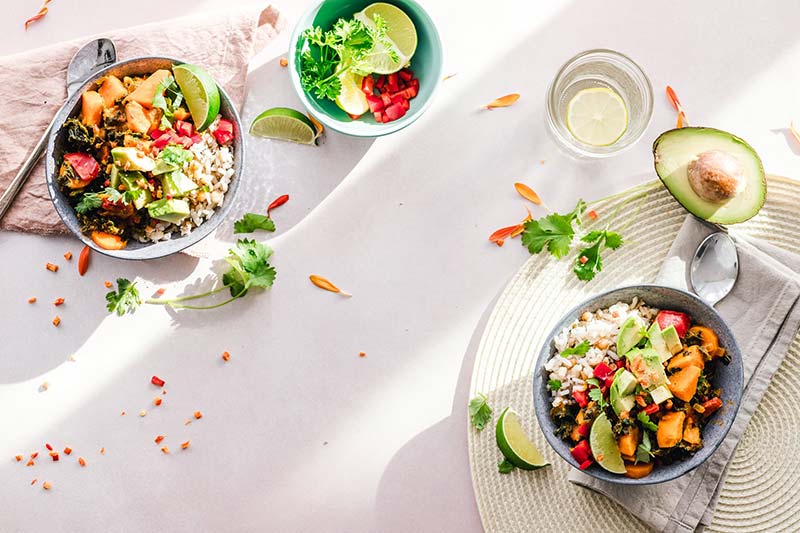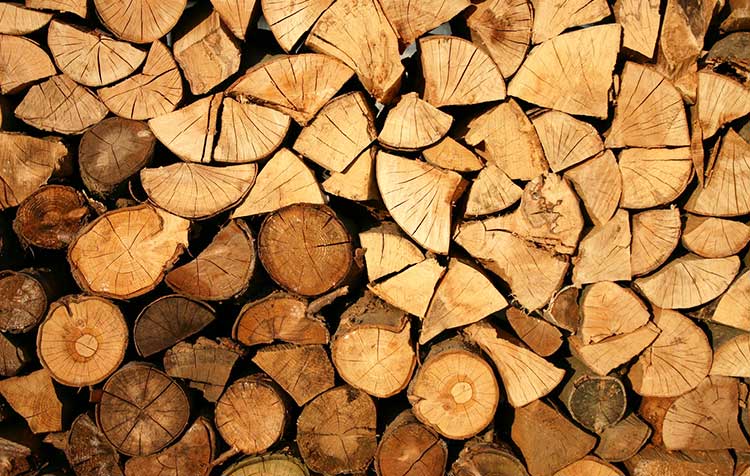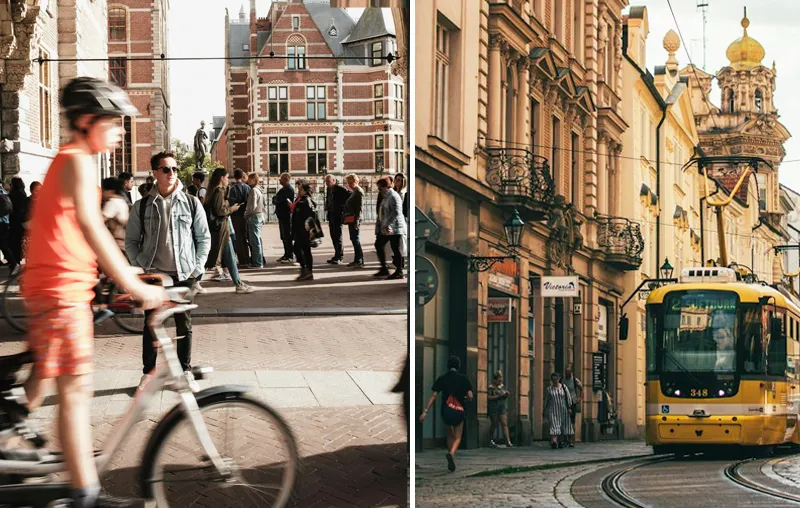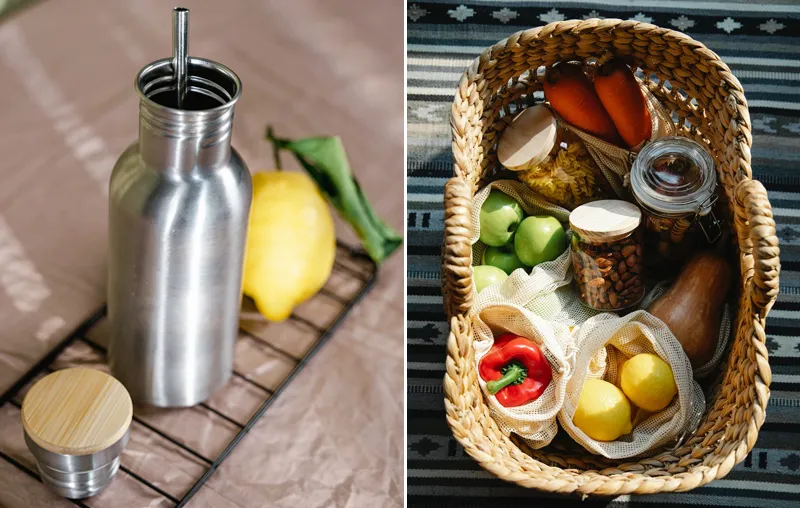What are natural resources? I mention them again and again in my articles and emphasize that we must help to protect and conserve them in our everyday lives. But I have yet to define the term properly.
In this article, I would like to make up for this. Here you can find out what natural resources
Tip: In the detailed article about the resource efficient lifeyou will find out how you can make a difference every day.
What are natural resources?
The term natural resources generally refers to all natural raw materials, means of production and auxiliary sources on earth. Natural resources exist in the two basic types of regenerable and non-regenerable Resources.₁ Both are natural components and functions of nature. All life and activity on earth depends essentially on the existence of natural resources and the components of soil, water, air and genetic diversity.
Categories
To give you a better overview of the different types of resources, I would like to provide you with a short list here. The European Commission divides natural resources into the following categories₂:
- Raw materials
- Energy Resources
- Floors
- Air
- Water
- Spatial resources
- Biodiversity
- Other ecosystem resources
Examples
To make this topic a little more tangible, I will give you some examples of the two basic types of non-renewable and renewable natural resources in this section.
Examples of non-regenerable resources
These resources are not infinitely available to us humans, which is why it is so important to use them sparingly:
- Ores (for example, iron and aluminum)
- Crude oil
- Coal
- Salts
- Sound
- Sand (see Sand shortage)
- …
Examples of renewable resources
These natural resources are renewable - that is, they can recover and regenerate and are therefore permanently available if treated with respect:
- Waters
- Biodiversity (see also species extinction)
- Floor
- Sun
- Wind
- …
How to conserve natural resources

We all use natural resources every day. Be it the water we use in the shower or the gas we use to get to work by car. And that's exactly why each of us can help to use natural resources more consciously every day. Here are some measures you can take to make a difference.
- A plant-based diet: By avoiding animal products, for example, you reduce the Deforestation of the rainforests and the global warming. You can find out more in the article about the Reasons for veganism.
- Avoid food waste: For example, buy misshapen fruit and vegetables and plan your shopping so that you don't buy anything superfluous. This will also make you appreciate the water and energy used to produce them. You can find out more in the article about the Reduction of food waste.
- Save energy: For example, use a fridge that is only as big as it needs to be for your household. And let hot leftovers from meals cool down outside before you put them in your fridge. You can find out more in the article with Energy saving tips.
- Save water: Reduce your direct water consumption, for example, by collecting rainwater for watering the garden. Indirectly, you can reduce your water consumption, for example by Purchase of less irrigation-intensive, regional foods reduce. You can find out more in the article about the Save water.
- Avoid waste: All everyday objects are made from natural resources. Not everything can be recycled. For example, use a reusable CoffeeToGo muginstead of a disposable cup. You can find out more in the article about the Zero Waste Lifestyle.
- …
This list could basically go on indefinitely. Can you think of any other tips for conserving natural resources in everyday life? Then feel free to write me a comment.
Valuing natural resources
We are in the midst of a transition from a time when we carelessly consumed natural resources at a time when we value them and treat them with respect. Because now we realize that we have been wasteful with them so far. And that most of them are not infinitely available to us. We are dependent on healthy soil, fresh air and clean water - and all the biological resources that thrive in them.
I hope that this article on natural resources has been helpful to you. Do you have any questions or suggestions? Then, as always, feel free to write me a comment.
Stay sustainable,

PS.: Look times in the Knowledge blog there you will find many more definitions and information. For example, learn what exactly the Earth overload day is.
References:
₁ Spektrum der Wissenschaft Verlagsgesellschaft mbH: Natural Resources, available at https://www.spektrum.de/lexikon/biologie/natuerliche-ressourcen/45469. [01.06.2020].
₂ European Commission: Resource Efficiency (status: 29.01.2020), available at https://t1p.de/6ks0. [01.06.2020].






